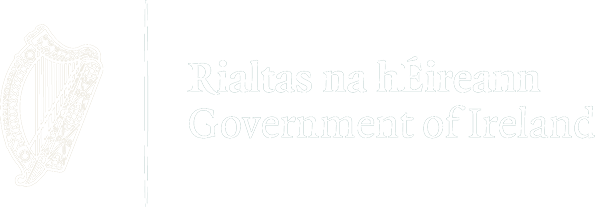Programmes of Education and Training
Policy/Commitment Statement
MSLETB is committed to providing quality assured programmes for learners in its various FET centres. This policy has been devised to ensure that MSLETB has a robust governance process in place to deal with programme delivery, development and validation requests.
Scope
1.This policy applies to all programmes developed by MSLETB:
-
- Programmes include those that lead to Common Award System Awards, Programme Derived Award Standards and new Apprenticeship programmes.
- Development of these programmes can take place at levels 1 to 6 in the National Framework of Qualifications (NFQ).
2.This policy also applies to all requests from MSLETB centres relating to programme delivery.
3. MSLETB New Programme Delivery, Development & Validation Procedure
Programme Development
Programme development proposals can come from any service/centre within MSLETB with or without external partners. Proposed programmes will be governed by three groups. Programme development will be targeted and aligned with MSLETB’s strategic goals.
The MSLETB FET Programme Feasibility Group provides initial approval for all MSLETB proposed programme development applications. FET centre submissions for programme development will be reviewed by this group. It is important to note that all new programme development must still then be approved by PAC.
Programme Admission
MSLETB’s Admissions Process
Within MSLETB each centre has its own admission process and procedure to ensure that “admission procedures and criteria are established and implemented consistently and in a transparent manner and in accordance with national policies and procedures for Access, Transfer and Progression (ATP)” (QQI Core Statutory Guidelines, 2016). Please refer to individual centres policies for additional information.
MSLETB endeavours to provide those in our communities with opportunities for enhancing their learning, life and living. We aim to equip learners with the skills and competencies to progress in FET and HE, secure employment, adapt to a changing economy, embrace a low-carbon future, leverage technology-enhanced learning, provide retraining, upskilling and reskilling opportunities, and promote lifelong learning.
A learner’s suitability is generally assessed at interview stage with additional assessments required for entry to certain programmes. The course interview will include an evaluation of all their learning to date – formal, in formal and non-formal – using the principles of Recognition of Prior Learning. (RPL). For some courses a successful completion of Garda vetting will also be required.
Programme descriptors detail the required knowledge, skills and competencies at different levels of the National Framework of Qualifications that are required for entry into programmes and it is expected that learners would meet this requirement prior to entry on a particular course.
MSLETB utilises the standard application form, the Learner Details Form/FETCH application required by our funders SOLAS and the European Social Fund (ESF). To gain admission to any of MSLETB courses a learner must have a fully completed learner details form or FETCH application.
All learners are encouraged, upon application for admission, to disclose any special needs or disabilities they may have on the learner details form or FETCH application, in order that appropriate supports or reasonable accommodations may be put in place. Where such a disclosure is made MSLETB will make every effort to ensure appropriate supports are put in place where feasible.
Applicants will be given notice of the commencement date of the course. Course enrolment is considered complete only when:
- MSLETB have received a fully completed Learner Details Form/FETCH application
- Fees or charges are paid in full by the learner if applicable.
- All information and documents requested by the centre have been submitted.
The centre is not responsible for learners not being able to complete the enrolment process by the given closing date. The learner is responsible for submitting all requested documentation by the date requested by the centre. If all documentation is not submitted the application is considered invalid. The applicant providing false or inaccurate information or not providing information in relation to their ability to fully take part in all aspects of the course may make an application invalid. All courses are offered subject to minimum enrolment numbers and availability of funding. Where there are waiting lists for programmes, places will be given on a “first come first served” basis to suitable candidates subject to candidates meeting all pre-requisite course entry requirements.
Recognition of Prior Learning (RPL)
MSLETB does not currently have an agreed quality assured process to support certification through RPL. The Board acknowledges the increasing demand for RPL by its learners, in this regard, and is committed to working towards a formal process through sectoral engagement at a national level.
MSLETB have a formal RPL process in place to recognise prior learning for the purpose of access to all programmes, craft apprenticeships and new generation apprenticeship’s and for module exemption on programmes, as per the QQI exemptions list



